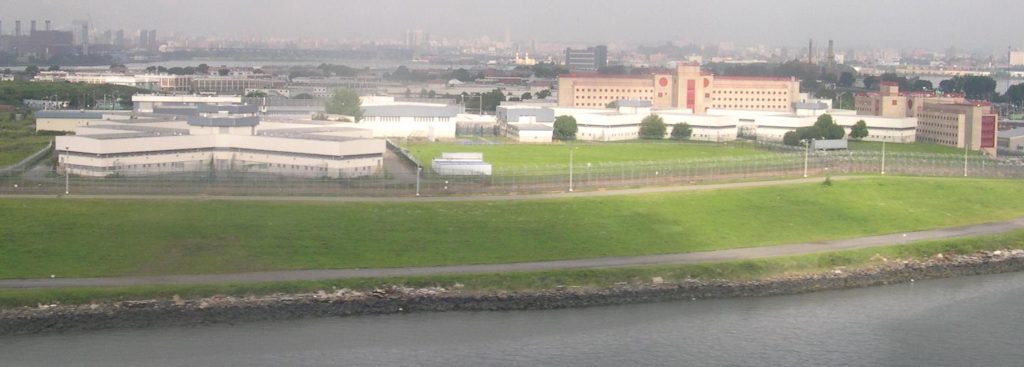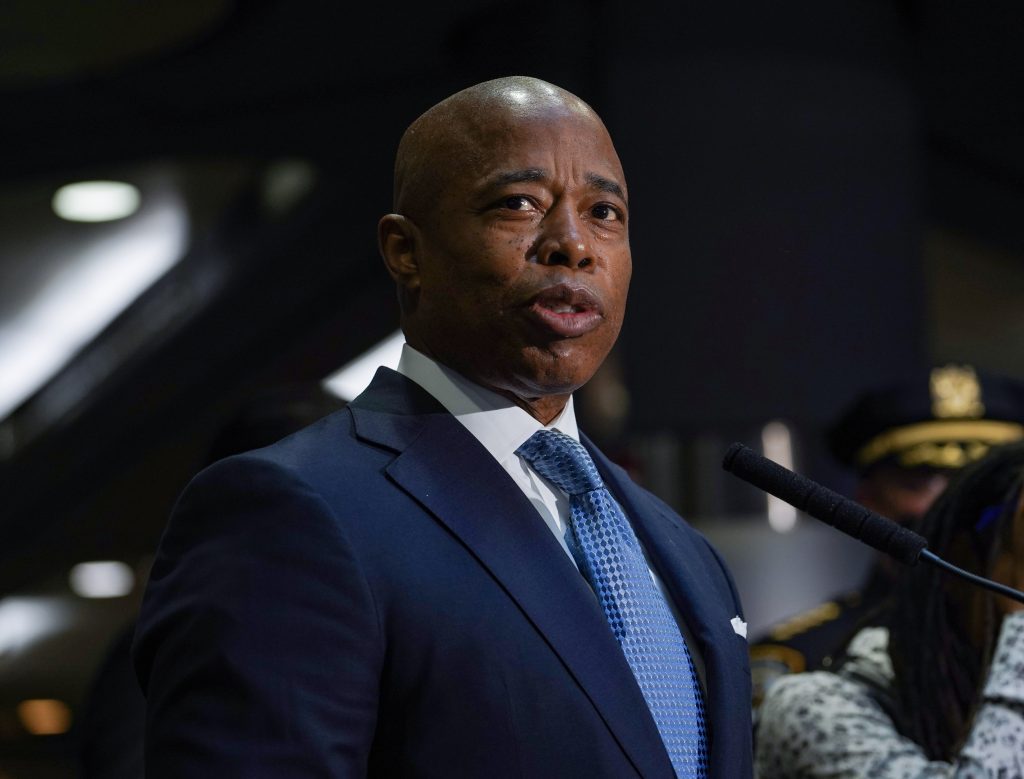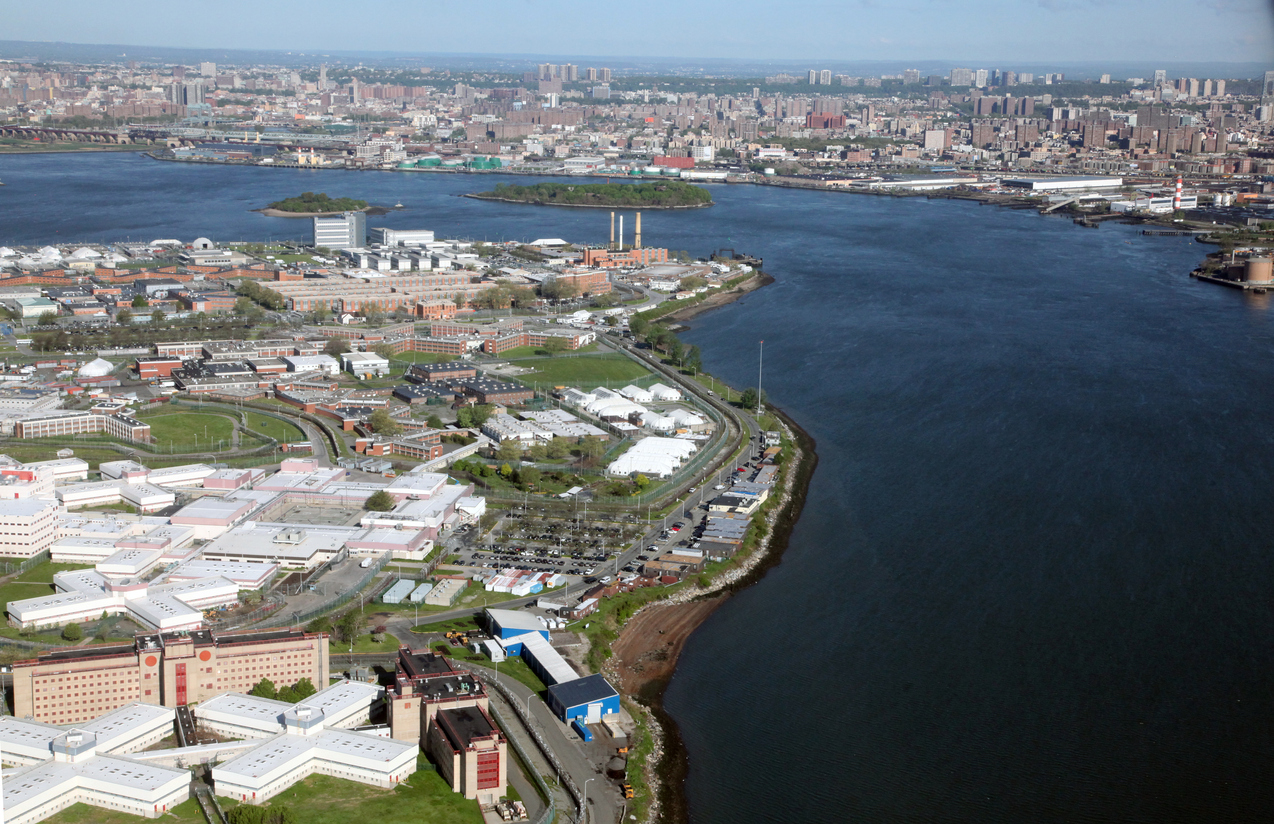It’s only August, and 12 people have already died in Rikers Island this year. Most recently, Ricardo Cruciani, a 68-year-old neurologist convicted of rape and sexual assault who was waiting to be sentenced, was found dead shortly after his attorney, Frederick Sosinsky, asked that Cruciani be placed in protective custody and under suicide watch.
Cruciani’s death comes a month or so after the death of Michael Lopez, a 34-year-old man who Rikers officials found unresponsive in the facility’s mental observation unit. That same week, Elijah Muhammad, a 31-year-old man detained in Rikers’ de-escalation unit for 30 straight hours (more than five times longer than allowed by Rikers policy), also died passed away.

More people are going to die in Rikers Island if nothing changes.
Rikers, the main prison complex in New York City, has always had quite the reputation. Last year, for example, the Marshall Project published an article on the facility’s deplorable conditions. Included in the piece was a quote from a Rikers detainee, “Jeffrey,” who compared it to a slave ship.
“When I got to Rikers, I was in the bullpen for about five days. It looks like a slave ship in there,” Jeffrey said. Jeffrey went on to describe 30 people sharing one sink, one toilet that didn’t work and fecal matter all over the floor that they slept on.
That Marshall Project report cited a status report from Steve J. Martin, the court-appointed monitor who is responsible for overseeing Rikers as a result of of a class-action lawsuit filed in New York.
That report criticizes “the bloated size of [the New York Department of Correction’s] workforce and its extraordinary budget,” nothing that New York City spends three times more than cities like Los Angeles and Chicago to incarcerate people.
On a more hands-on level, the report also points out that 39 stabbings or slashing occurred at Rikers in August of 2021, more than four times as many as the past seven Augusts.
Incredibly, deaths at Rikers have become so prevalent that the New York Times, a mainstream media outlet often criticized by advocates like Scott Hechinger and Alec Karakatsanis for its “copaganda,” has even created a tracker for the public to keep up with the deaths at Rikers.

NYC’s high-profile politicians don’t think anything needs to change.
For most of us, sleeping on fecal matter and the risk of death are alarming. At Rikers, though, these alarming dangers have become par for the course. In fact, according to NYC Mayor Eric Adams, things at Rikers are actually getting better.
“The era of neglecting the violence and dysfunction of our city’s jails is over,” Adams said in a statement back in June. According to Adams, he’s proud of the job the correctional officers at Rikers are doing: “I am not ashamed of you. I am proud of you. Keep doing the job you are doing.”
In fact, when it came to how many people have died in Rikers, Adams said officials had no responsibility at all. “By the time people reach Rikers, their health has deteriorated and they come to these facilities,” he said. “Let’s find out, why did they die? Rikers didn’t give them heart disease, if that is the reason they died.”






